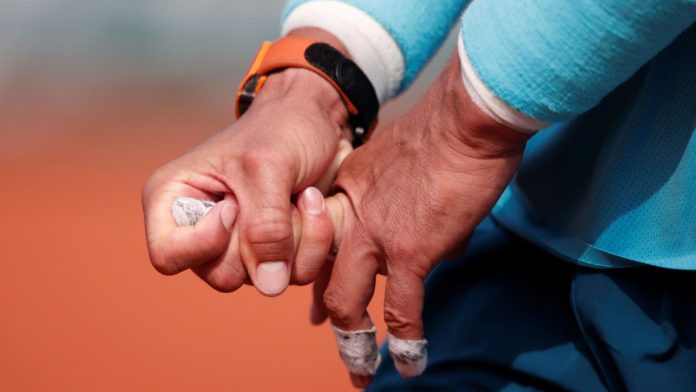Back when we were youth ministers, my friend Burt had a metaphor about relationships (talking to young people about relating to their parents and vice versa) that I have not forgotten. He said building trust was like a savings account: you have to build it up by making small deposits in the way you deal with everyday interactions. If there comes a time when that trust is tested–when you have to make a withdrawal, so to speak–you have something to withdraw from.
I thought about those days because I read this article from The Atlantic that caught me with its title:
“The Marriage Lesson That I Learned Too Late”
and then the teaser:
The existence of love, trust, respect, and safety in a relationship is often dependent on moments you might write off as petty disagreements.
In the heart of the article, Matthew Fray says,
The reason my marriage fell apart seems absurd when I describe it: My wife left me because sometimes I leave dishes by the sink.
It makes her seem ridiculous and makes me seem like a victim of unfair expectations. But it wasn’t the dishes, not really—it was what they represented.
Hundreds, maybe thousands of times, my wife tried to communicate that something was wrong. That something hurt. But that doesn’t make sense, I thought. I’m not trying to hurt her; therefore, she shouldn’t feel hurt.
We didn’t go down in a fiery explosion. We bled out from 10,000 paper cuts. Quietly. Slowly.
His discussion of dishes reminds me of how my mother and father used to joke that what was going to split them up was one rolled the toothpaste up from the end and the other squeezed it out of the middle, but it really was a joke. They cared for each other well.
This post, however, is not about marriage; it’s about how the same principle of paper cuts applies to relationships in general, much like the trust bank wasn’t just about kids and parents.
Fray talks about the longterm impact of having the Same Fight, which I feel like I see happening a great deal in the relationships that make up life in families, marriages, congregations, work places. It’s when we keep doing the same thing, or not doing the same thing, even when we have been told it punches someone else’s buttons.
When we’re having The Same Fight, positive intent, or chalking up any harm caused as accidental, can be just as much of a trust killer as more overtly harmful actions. It doesn’t matter whether we are intentionally refusing to cooperate with our spouse or legitimately unable to understand what’s wrong—the math results are the same. The net result of The Same Fight is more pain. Less trust. Regardless of anyone’s intentions.
In the exhaustion of the ongoing pandemic (it ain’t over yet!), it too often feels like Groundhog Day, and we, in our grief and exhaustion, keep having the Same Fight, maybe because we feel too tired to listen well. Or maybe, pandemic or not pandemic, we too easily fall into mansplaining when someone tries to tell us how they feel and we decide to explain why they shouldn’t feel that way instead of taking them seriously.
But we have to learn to take each other seriously because the only way we survive is together. We have to avoid the paper cuts and make deposits in the trust bank instead–pay attention to the little things and, as Walt Whitman said (and Ted Lasso quoted), be curious and not judgmental.
In that spirit, the closing words of the article are ones I will keep close.
If I had to distill the problems in failed relationships down to one idea, it would be our colossal failure to make the invisible visible, our failure to invest time and effort into developing awareness of what we otherwise might not notice in the busyness of daily life.
If I had known that this drinking-glass situation and similar arguments would actually end my marriage—that the existence of love, trust, respect, and safety in our marriage was dependent on these moments I was writing off as petty disagreements, I would have made different choices.
I could have communicated my love and respect for her by not leaving tiny reminders for her each day that she wasn’t considered. That she wasn’t remembered. That she wasn’t respected. I could have carefully avoided leaving evidence that I would always choose my feelings and my preferences over hers.
Grief and exhaustion are inflationary, which means it costs more to live these days, which means those trust bank deposits–the pocket-change gestures that add up–are crucial to our survival together. Listen hard. Pay attention. Ask good questions. Let folks around you know you see them and it matters right now–not when it’s too late. No one wants to die by paper cuts.
Peace,
Milton
